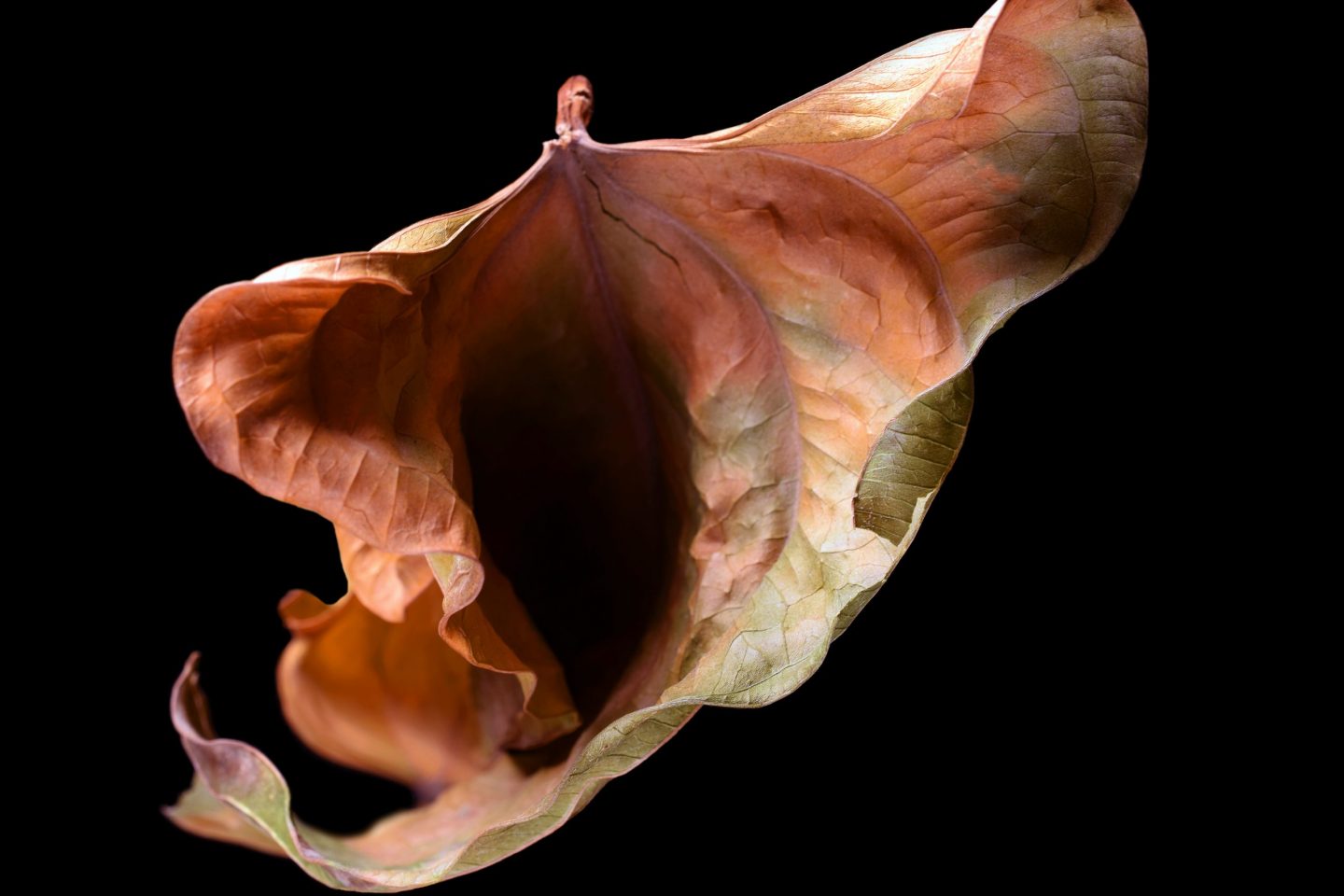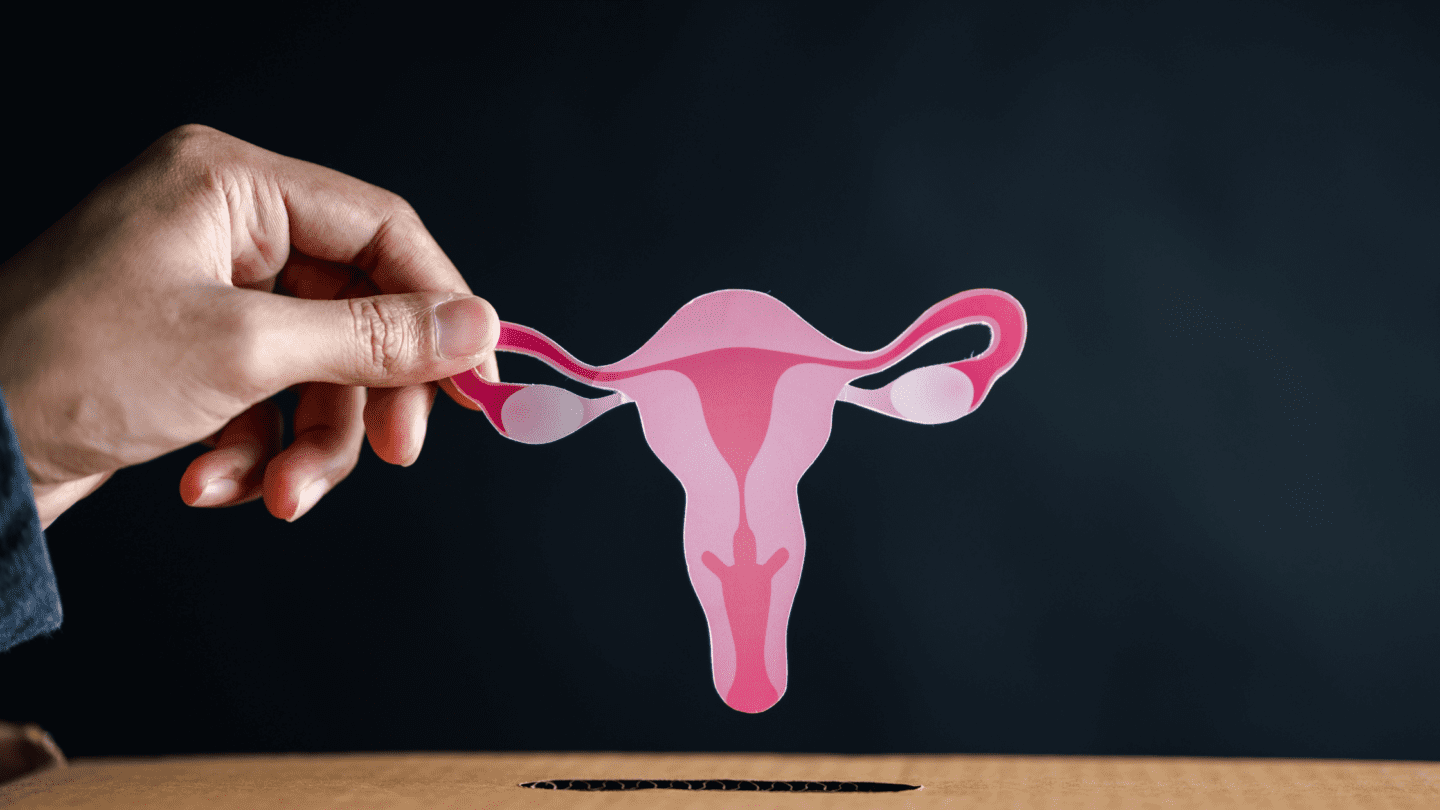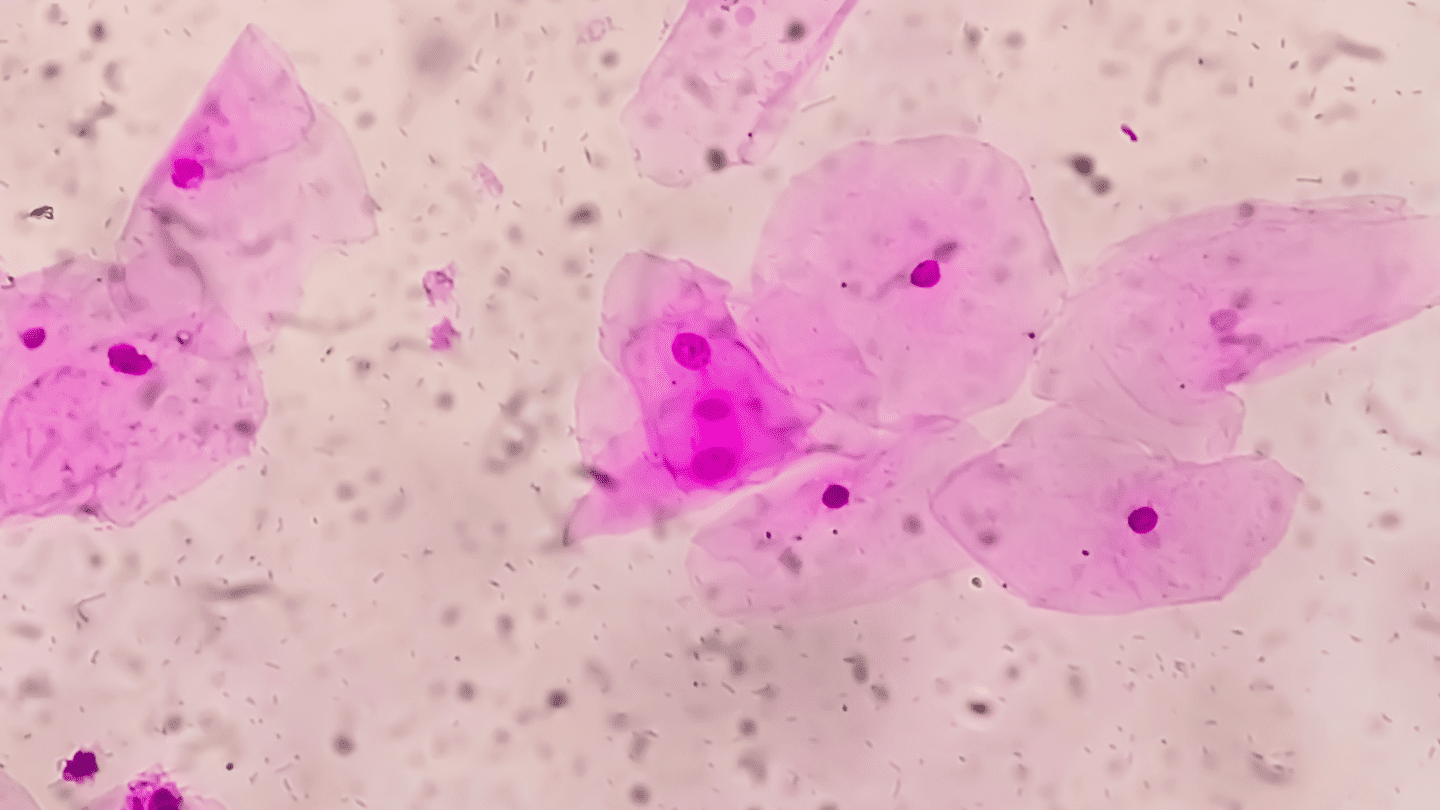There are many possible causes for vaginal dryness, including hormonal birth control, and a number of remedies you can try on your own or under the supervision of your doctor. Vaginal dryness can be a subject not everyone feels comfortable bringing up, or even looking up on the internet. But it’s an important part of your health — you should never feel ashamed for taking charge of your body.
Why are vaginas wet?
Vaginas are wet to keep their tissues healthy. The moisture provides a natural lubrication for sex, a home for a healthy microbiome, and a nice environment for sperm to live in and swim through.
There are actually a number of different sources of moisture in our reproductive organs. Cells in the vaginal wall secrete plasma, and your cervix secretes mucus near ovulation. An organ called Bartholin’s gland secretes mucus when you’re sexually aroused, and your Skene’s gland secretes fluid during an orgasm.
The wetness of your at any given moment is controlled by levels. Less causes the vaginal wall to thin and produce less moisture, and levels of the amp up leading up to ovulation and drop off afterward. For some people, the changes in their cervical discharge during their menstrual cycle is so stark that they can use observations of their mucus to track their cycle and know when ovulation is happening in order to increase or decrease their chances of pregnancy.
When things dry out down there
We all know what chapped lips or dry skin feels like, but when it comes to our vaginas, a “dry” sensation can manifest in a few different ways. Vaginal dryness sometimes feels like burning or irritation, and can cause itching and pain. Sometimes people notice it the most during sex, since dryness can interfere with pleasure and add to irritation during and after the act.
Vaginal dryness is fairly common, affecting 13 to 30% of women. The odds of experiencing it increases after menopause (50%) and are also higher in some groups, like people with breast cancer (63%). In general, vaginal dryness can occur any time your drops, like after ovulation during your cycle.
Apart from a typical cycle, though, there are many factors that might cause vaginal dryness. For one, it’s a common symptom of : 75% of post-menopausal people will experience vaginal dryness at some point. It’s also a common side effect of hormonal birth controls.
A number of other factors can cause your levels to drop, resulting in vaginal dryness. They include:
- Childbirth
- Breastfeeding
- Radiation and chemotherapy
- Removal of
- Anti-estrogen treatments, like those for or
- Sjögren’s syndrome (an autoimmune disorder)
- Other medications, like certain antidepressants, allergy, and cold medicines
There are some external factors that can dry out your , too. For instance:
- Smoking
- Douching
- Non-vagina-friendly lotions
- Swimming pools and hot tubs
- Condoms containing nonoxynol-9 (N-9)
- Irritation from contraceptive creams
Remedies for vaginal dryness
If you have symptoms of vaginal dryness that feel severe or are interfering with your life in any way, see your doctor. Prolonged vaginal dryness can leave you more susceptible to infection, and can get worse over time if not treated.
When vaginal dryness is a side effect of a medication you’re taking, like , other options may be available. Ask your doctor if you think your medication is causing vaginal dryness and if you can switch to another option.
Is adyn right for you? Take the quiz.
If you don’t think your dryness is from medication, your doctor may prescribe a topical treatment that will stimulate the cells of your to produce more moisture. Topical comes in one of three forms:
- Ring (Estring)
- Tablet (Vagifem)
- Cream (Estrace, Premarin)
These treatments aren’t good for everyone, especially anyone who might be sensitive to increased . That includes people who are breastfeeding, have a history of breast cancer or endometrial cancer, or who are prone to vaginal bleeding.
But for others, balancing out the levels in your can have bonus effects beyond increasing moisture. It can also correct pH levels and support better microbial communities — a key part of vaginal health.
There are other ways to give your a boost, too. Prescription ospemifene is a pill sometimes prescribed to menopausal people to increase the number of healthy cells in your while decreasing others, which leads to balanced pH, reduced dryness, and less pain during sex.
Like what you’re reading? Get the latest straight to your inbox 💌
Vaginal moisturizers like glycerin-min oil-polycarbophil have long been offered over-the-counter as an alternative to treatments, and can be just as effective for some people.1
That said: There is a huge research gap when it comes to nailing down the best treatments for vaginal dryness. One recent clinical trial tested the effectiveness of topical and vaginal moisturizers against treatments, and found that neither worked to reduce dryness for menopausal women.2
When it comes to over-the-counter options that can increase moisture during sex, water-based lubricants are a safe and effective bet. Since vaginal moisture is tied to arousal, you should talk to your partner about ways to increase these sensations outside of intercourse. Note that oil-based lubricants can damage condoms and diaphragms and aren’t something we recommend.
Some sources suggest natural oils like olive, grape seed, sunflower, or coconut oils work, too. But clinical evidence about how safe and effective these options are is extremely limited; for now, we don’t recommend them either.
Find what works for you
There is a clear need for more research on the causes of and treatments for vaginal dryness. Evidence from scientific studies and anecdotally from people with vaginas shows that the different treatments available all work for some people at some point, but there’s no cure-all.3 If you’re experiencing pain or discomfort, especially on a regular basis, it’s important to find a solution. Know you’re not alone if it takes a few different tries to find what works for you: You might have better luck with topical , while your friend might feel better using a moisturizer.
And remember, vaginal dryness is very common and a normal reaction your can have to its internal or external surroundings! It’s nothing to be embarrassed about. Ask your doctor if you’d like some help managing your symptoms.
-
- Nachtigall, L. E. (1994). Comparative study: Replens versus local estrogen in menopausal women. Fertility and Sterility, 61(1), 178-180.
- Mitchell, C. M., Reed, S. D., Diem, S., Larson, J. C., Newton, K. M., Ensrud, K. E., … & Guthrie, K. A. (2018). Efficacy of vaginal estradiol or vaginal moisturizer vs placebo for treating postmenopausal vulvovaginal symptoms: a randomized clinical trial. JAMA Internal Medicine, 178(5), 681-690.
- Mitchell, C. M., Reed, S. D., & Guthrie, K. A. (2018). Time to advocate for better science, and better treatments for women. Menopause (New York, NY), 25(10), 1065.








